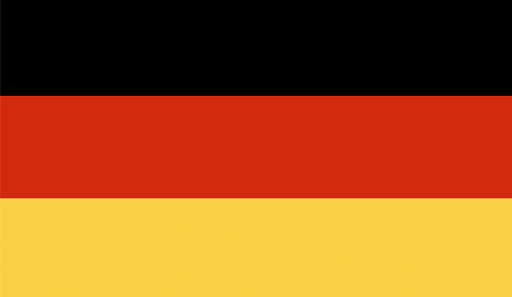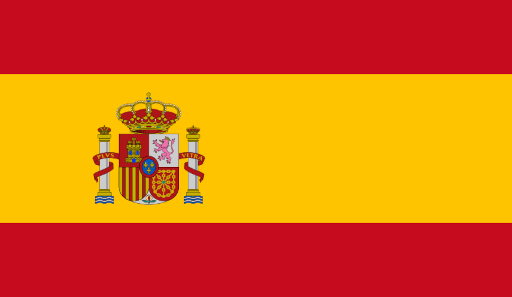The United Nations Sustainable Development Goals (SDGs) are a set of 17 global goals aimed at creating a more sustainable and equitable world by 2030. These goals were adopted by all UN member states in 2015 as part of the 2030 Agenda for Sustainable Development.
The SDGs address a wide range of issues, from poverty and hunger to climate change and sustainable cities. Each goal has specific targets and indicators to measure progress towards achieving the goal. Some of the key goals include ending poverty, reducing inequality, promoting clean energy, and taking action to combat climate change.
Achieving the SDGs requires a collaborative effort from governments, civil society, the private sector, and individuals around the world. It is a call to action for all stakeholders to work together towards a common vision of a more sustainable and just world.
While progress has been made towards some of the goals, much work still needs to be done. The COVID-19 pandemic has highlighted the urgency of achieving these goals, as it has disrupted progress and exacerbated existing inequalities. However, the SDGs provide a framework for recovery that prioritizes a sustainable and equitable future for all.
In order to achieve the SDGs, it is crucial to ensure that no one is left behind. This means addressing the root causes of poverty and inequality, promoting social inclusion, and ensuring that the benefits of sustainable development are shared equitably.
The UN SDGs are a critical framework for creating a more sustainable and equitable world and achieving these goals requires collective action and commitment from all stakeholders. By working together towards a common vision, we can build a better future for ourselves, our communities, and future generations.







